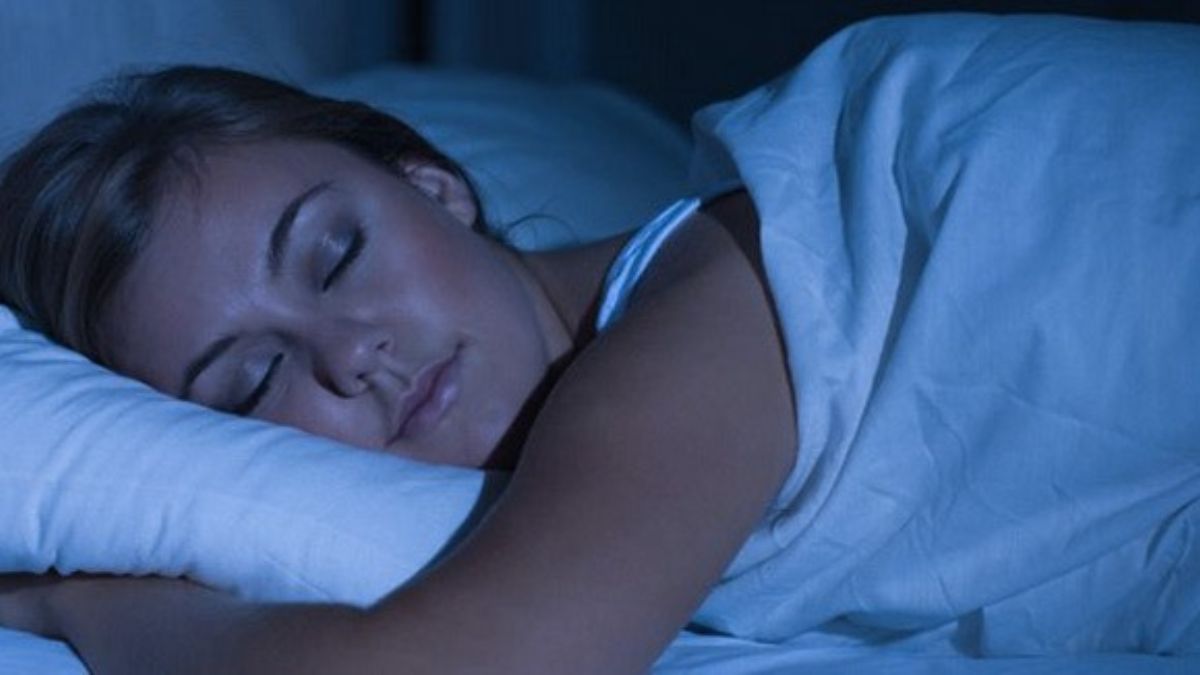Can a warmer climate worsen sleep apnoea condition?

Sleep apnoea, a condition where one experiences trouble breathing during sleep, is left undiagnosed in many. But can a warmer climate worsen the condition?
A recent report in the journal Nature Communications, says a warmer climate can worsen the sleep apnoea condition for people who are diagnosed with it.
The condition occurs when muscles in the throat narrow the airways, impacting breathing and blood oxygen levels, and is known to affect a large number of people worldwide.
As per the report, the chances of experiencing sleep apnoea could spike by 45% on days with higher temperatures. Given the kind of heat spikes that tropical countries such as India witness, especially during summer, there are high chances of worsening this condition. The report also observes that this relation between climate and sleep apnoea is more pronounced in countries with a lower GDP per capita, such as India.
How was the study conducted?
More than 500 nights of sleep data of 116,620 people from across 41 countries were analysed. Data was gathered using a sensor placed under the [participants' mattresses. The researchers then compared this sleep data with 24-hour temperature information sourced from climate models.
Under a warmer climate of 1.8 degrees Celsius in global ambient temperature above pre-industrial levels, Obstructive Sleep Apnoea can worsen, the study found. Such scenarios 'would incur a further 1.2 to 3-fold increase in OSA burden by 2100', as per the findings.
Over the years, sleep apnoea has been associated with an increased risk of developing cardiovascular disease and mental conditions such as anxiety.
"There were times this summer in about the last week of May, when I'd often wake up in the middle of the night, drenched in sweat," says Shruti Shah, a young professional from Mumbai, sharing her experience with THE WEEK. Shah says she's been living with sleep apnoea for five years now.
In 2023, a study by the All India Institute of Medical Sciences, Delhi, highlighted that around 104 million Indians or 11% of the Indian population could be suffering from Obstructive Sleep Apnea.
As per the report, heat and humidity may exacerbate airway inflammation, leading to more frequent apneas, sweating and dehydration can disrupt sleep cycles and reduce oxygenation levels, CPAP users often report difficulty in summer with complaints of heat intolerance and mask discomfort, such as was in the case of Shah. As people shut windows and use ACs more, indoor air can get stale with higher CO₂ levels, which can affect breathing patterns and worsen OSA.
A 2022 study in One Earth found each +1°C increase in nighttime temperature leads to 15.6 minutes less sleep, especially in older adults.
Recalling one of the recent studies the recent studies where in the American Thoracic Society, there was a presentation that global warming and an increase in ambient temperature worsens the severity of sleep apnea, Dr Joy Desai, Director of Neurology, Jaslok Hospital & Research Centre says that the ambient temperature has to drop by at least 2 to 3 degrees for optimization of sleep onset and maintenance and continuity. "And in the same parallel, if someone has sleep apnea and the breathing is interrupted by obstruction, then ambient temperature being high, it can worsen the flaccidity of the muscles involved in the obstruction, change in tone and can worsen sleep apnea," he adds.
However, more than the impact of the heat, Dr Desai believes that for those suffering from sleep apnoea, the biggest worry is that "so many of them remain un-diagnosed, are not counseled and are not able to take corrective measures for the resolution of the condition."
That means taking measures in terms of lifestyle, weight loss, improving core exercises and when required using CPAP. "That should be a community priority rather than the worry about rising temperature," adds Dr Desai.
Health